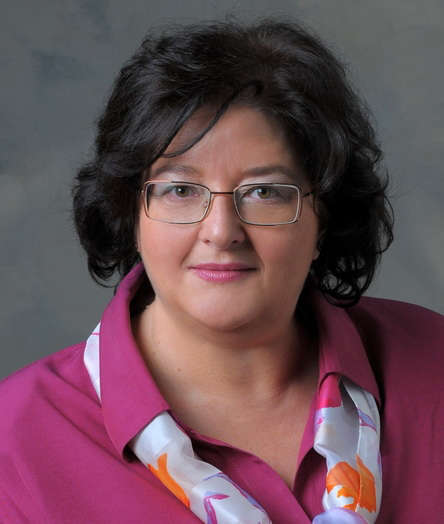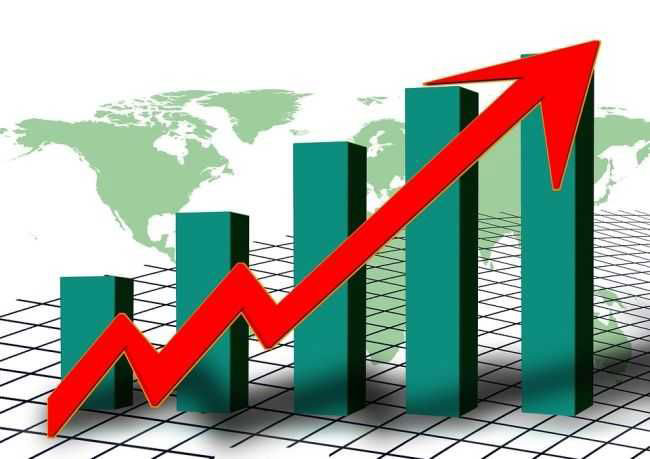I am pleased to be in Ramallah on the occasion of the ninth meeting of the High-level Group for Partnership, Coordination and Capacity Building (HLG-PCCB). I wish to thank our host, the Palestinian Central Bureau of Statistics, headed by Dr. Ola Awad, representative of the Arab region in the HLG-PCCB and president of the International Association for Official Statistics (IAOS) for the period 2015–2017. As the two previous meetings were held in Budapest, I appreciate the hard work that went into this event. Cooperation between countries is essential to ensure that no one is left behind on the 2030 agenda.
The year 2015 brought important changes, as the end of the Millennium Development Goalsi (MDGs) gave way to the 2030 Agenda.ii Setting the course for global sustainable development for the next 15 years meant building on the experiences gained in the pursuit of the 8 MDGs and fine-tuning technical and methodological aspects. After 2 years of intensive public consultation and engagement with civil society and other stakeholders, paying particular attention to the voices of the poorest and most vulnerable, the new plan was adopted at the United Nations Sustainable Development Summit. It contains 17 Sustainable Development Goals and 169 associated targets adopted by 193 United Nations member states to be achieved by 2030.
The implementation of the 2030 Agenda is based on a strengthened spirit of global solidarity. Therefore, in 2015 the United Nations Statistical Commission created two groups responsible for its implementation: the Inter-agency and Expert Group on SDG indicators (IAEG-SDG)iii and the HLG-PCCB.iv The criteria for membership in both groups were established by the United Nations Statistical Commission to ensure equitable regional representation and technical expertise.
The IAEG-SDG was created to develop an indicator framework and a list of indicators for the global monitoring of the goals and targets of the 2030 Agenda. The Expert Group is in charge of reviewing, monitoring, and reporting on progress toward the goals and targets at global and regional levels. The IAEG-SDG lends technical support by reviewing methodological developments and capacity-building activities. It is composed of 27 representatives of national statistical offices.
The HLG-PCCB provides strategic leader-ship in monitoring the implemen-tation of the SDGs. The High-level Group promotes national ownership of the follow-up and review system of the 2030 Agenda, while fostering capacity building, partnership, and coordination. It also recommends priority areas to target funding for statistical capacity building and promotes engagement between the statistical community and other stakeholders. The High-level Group is composed of 23 representatives of national statistical offices.
In 2017 the United Nations Statistical Commission adopted the Cape Town Global Action Plan,v created by the HLG-PCCB, to contribute to the development of sustainable statistical systems. The plan can be understood as a very specific guide demonstrating priorities while also sharing a common vision. In addition, it recognizes the crucial role of the national statistical institutes in developing methodology and coordinating not only among themselves, but also with regional and international organizations.
On a national level, making progress towards the Sustainable Development Goals often involves striking a balance between national priorities and global efforts towards shared targets. This calls for enhanced statistical capacity building of national statistical systems by modernizing national statistical offices. Statistical work requires capacity building; therefore, it is important for all countries to examine the ways in which they can improve their current standing.
High-quality statistical data that is accurate and reliable is essential not only to draw a map of action for sustainable development but also to follow up on progress and evaluate results. Sustainable development must be measurable, and measurements must be comparable across time and countries so that progress towards the Sustainable Development Goals can be tracked. It is essential, now more than ever, to increase cooperation between countries and regions and to strengthen the national statistical systems needed to achieve the 2030 Agenda and beyond.
i For more information, see (http://www.un.org/millenniumgoals/2015_MDG_Report/pdf/MDG%202015%20rev%20(July%201).pdf).
ii For more information, see (https://sustainabledevelopment.un.org/post2015/transformingourworld).
iii For more information, see (https://unstats.un.org/sdgs/iaeg-sdgs/).
iv For more information, see (https://unstats.un.org/sdgs/hlg/).
v For more information, see (https://unstats.un.org/sdgs/hlg/Cape-Town-Global-Action-Plan/).



